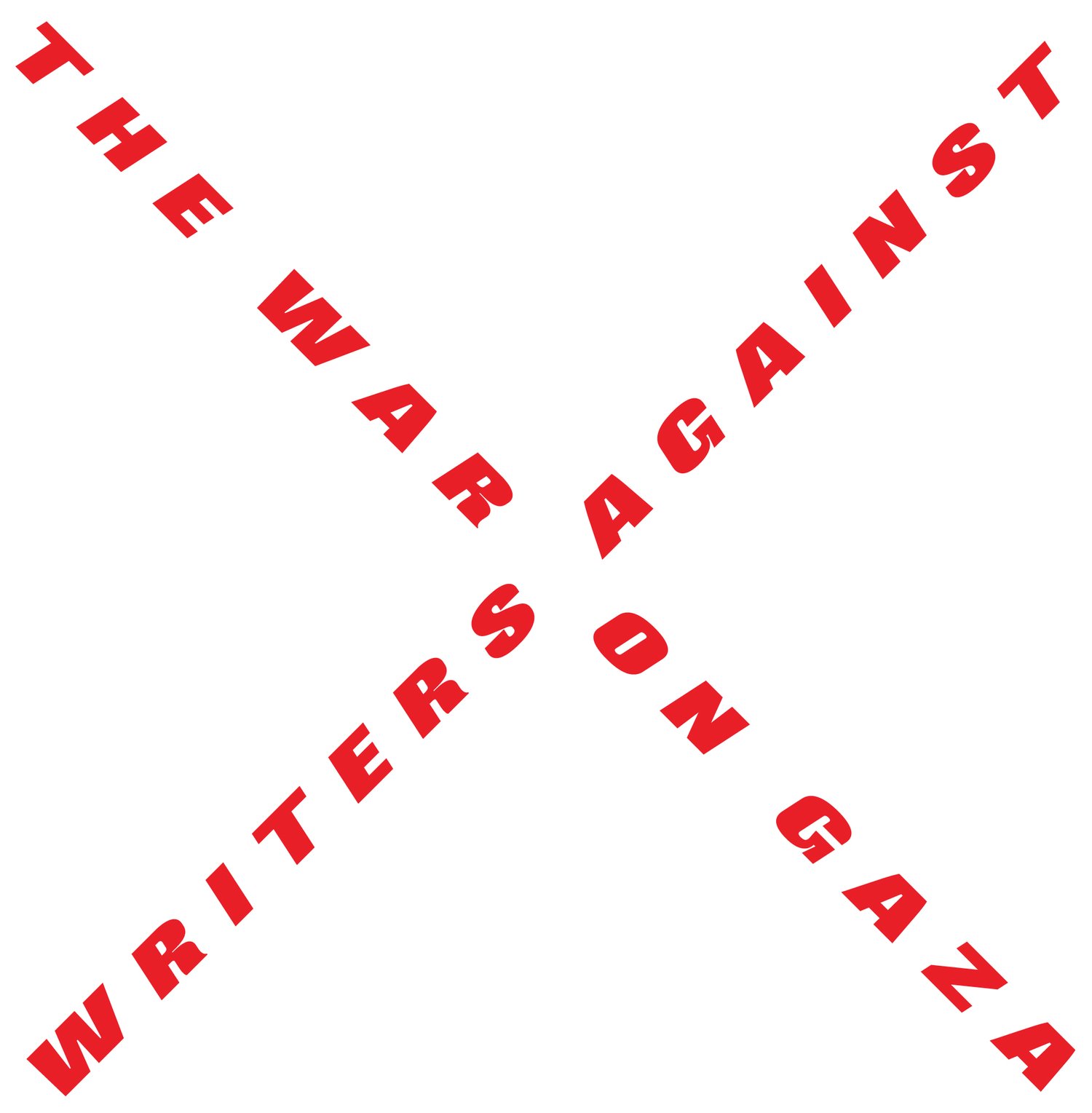Resisting Repression
If you are facing or fearing repercussions for expressing solidarity with Palestine, know that you are not alone. Both in the present crisis and throughout the history of anti-imperialist politics, you are in the company of proud dissidents: pacifists, communists, free thinkers. Our collective, Writers Against the War on Gaza, is actively building the urgently-needed capacity to defend individuals of conscience against institutional forces of repression.
The horrors faced by Palestinian journalists are central in our minds during this war. We call upon media workers in the West to take courage from those journalists who have continued to report from Gaza under horrific conditions, in fear for their lives and their families’ lives. We hope you will stand in solidarity against the repression of Palestinian voices and perspectives.
Speech in support of Palestine and against Israeli occupation has long been held to different standards than other, similar forms of expression. This is not because pro-Palestinian sentiment is any less defensible on legal or moral grounds than pro-Ukrainian sentiment, but because it challenges the priorities of the U.S. war machine and the West’s racial hierarchies. During wartime, restrictions on free expression inevitably tighten. For Americans, this was true during World War I, with the introduction of the Espionage and Sedition Acts. It was true during the Cold War, when McCarthyism sought to villainize thousands of people like you. It was true again in the post-9/11 years, when Islamophobia reached a fever pitch and the Patriot Act made everyone less free.
As Israel’s war on Gaza and the West Bank has escalated, so has US support for the Israeli state. Americans who have expressed solidarity with the Palestinian cause have, in turn, faced intensifying repression and retaliation. Writers and editors, professors and graduate students, artists, actors, and musicians—all these and others have been the targets of smear campaigns and harassment, whether for speaking out explicitly in support of Palestinian liberation or for simply attending an anti-war protest. Without a countervailing force, institutions that claim to be committed to free speech often fail to protect workers and crumble under pressure from donors, advertisers, and politicians.
Writers Against the War On Gaza aspires to be that countervailing force alongside unions, legal defense organizations, and movement groups like Within Our Lifetime, the Palestinian Youth Movement, and Jewish Voice for Peace. Whether you are under pressure to delete a tweet, being threatened with termination by your employer or expulsion by your college, or are receiving threats at your home, we are committed to help you continue speaking.
LABOR
First, if you’re in a union and you think you might get in trouble for speaking up about Palestine, talk to your steward. Know your Weingarten rights! You are legally entitled to request that a union representative be present at any meeting with a manager that might lead to disciplinary action. Second, if you’re a writer, journalist, or other media worker, whether union or non-union, and you’ve been retaliated against for supporting Palestine, the National Writers Union wants to hear from you. You do not have to be a dues-paying member to receive support.
LEGAL
Palestine Legal defends students and workers whose rights have been violated for speaking out in support of Palestine. This includes support for both unionized and non-unionized workers, as well as students. The ACLU also provides assistance through their local affiliates.
ACADEMIC
Support is available for students, staff, and faculty facing retaliation for their support of Palestinian rights. Palestine Legal has published a helpful Know Your Rights explainer for students. Higher education workers should avail themselves of the resources provided by the AAUP.
ANTI-DOXXING
Doxxing—the publication of private information, such as one’s home address—is a tried and true digital intimidation tactic. Equality Labs, an organization of South Asian feminist anti-caste activists, has published guides on how to avoid getting doxxed and what to do if you get doxxed. The New York Times’ Information Security team has recommended protocols for journalists to prevent doxxing, as does PEN America.
